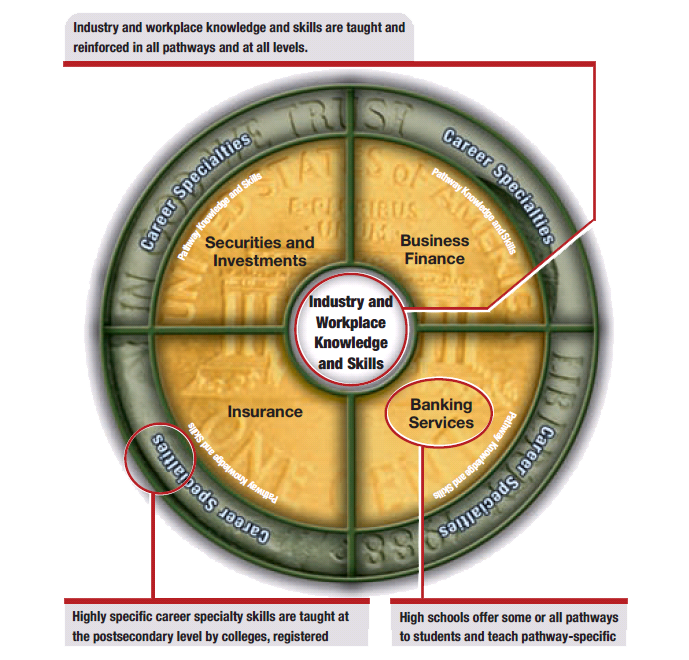Finance
Finance department is impotent for organizations & companies etc. Planning, services for financial and investment planning, banking, insurance, and business financial management

Education and experience lead to Top Finance Job
According to BSSRO:
- Prepare financial statements
- Compile budget data for analysis for the next year’s budget
- Read government regulation to ensure compliance
- Read and help rewrite company policies and procedures to reflect changes in government laws and regulations
- Participate in management and executive meetings to work with other management members to keep the credit union running efficiently
- Manage the daily activities of three employees Guillory’s parting words of advice include:
- Gain all the education and knowledge available to you; you never know when it will come in handy.
- Work hard and you will be rewarded for your efforts.
- Make contacts from everywhere you can; they usually prove to be helpful in the future.
- Finally, at the end of the day, BSSRO has the class reflection what they have learned and then pack up to head home. I have helped children learn to do something that will change their life forever. It is the most rewarding job I think anyone can have.
Career Profile for a Certified Financial Planner in BSSRO
Certified financial planners are personal financial advisors who have obtained professional certification. They help their clients, who include private citizens, businesses and corporations, to develop a personal financial plan. This financial plan may be made up of investment options, including stocks, bonds, mutual funds and other financial instruments. The certified financial planners goal is to develop a plan that balances the desire for financial growth with the client's risk tolerance.
Required Education
Personal financial advisors must meet certain minimum requirements in order to become certified financial planners. Most employers don't require that planners earn a specific degree. Therefore, advisors typically hold a bachelor's or master's degree in finance, economics, mathematics, accounting or similar degree. In these degree programs, students may study financial theories, investments and fundamentals. Common courses include:
- Statistics
- Economics
- Accounting principles
- A student-teaching internship
- Risk management etc.
National Career Readiness Certificate
- Bill and Account Collectors
- Bill and account collectors locate and notify customers of delinquent accounts by mail, telephone, or personal visit to solicit payment.
The job requires:
- Knowledge of principles and methods for curriculum and training design, teaching and instruction for individuals and groups, and the measurement of training effects
- Knowledge of the structure and content of the English language etc.